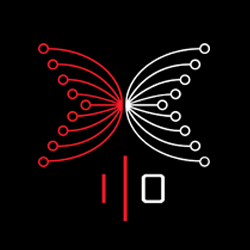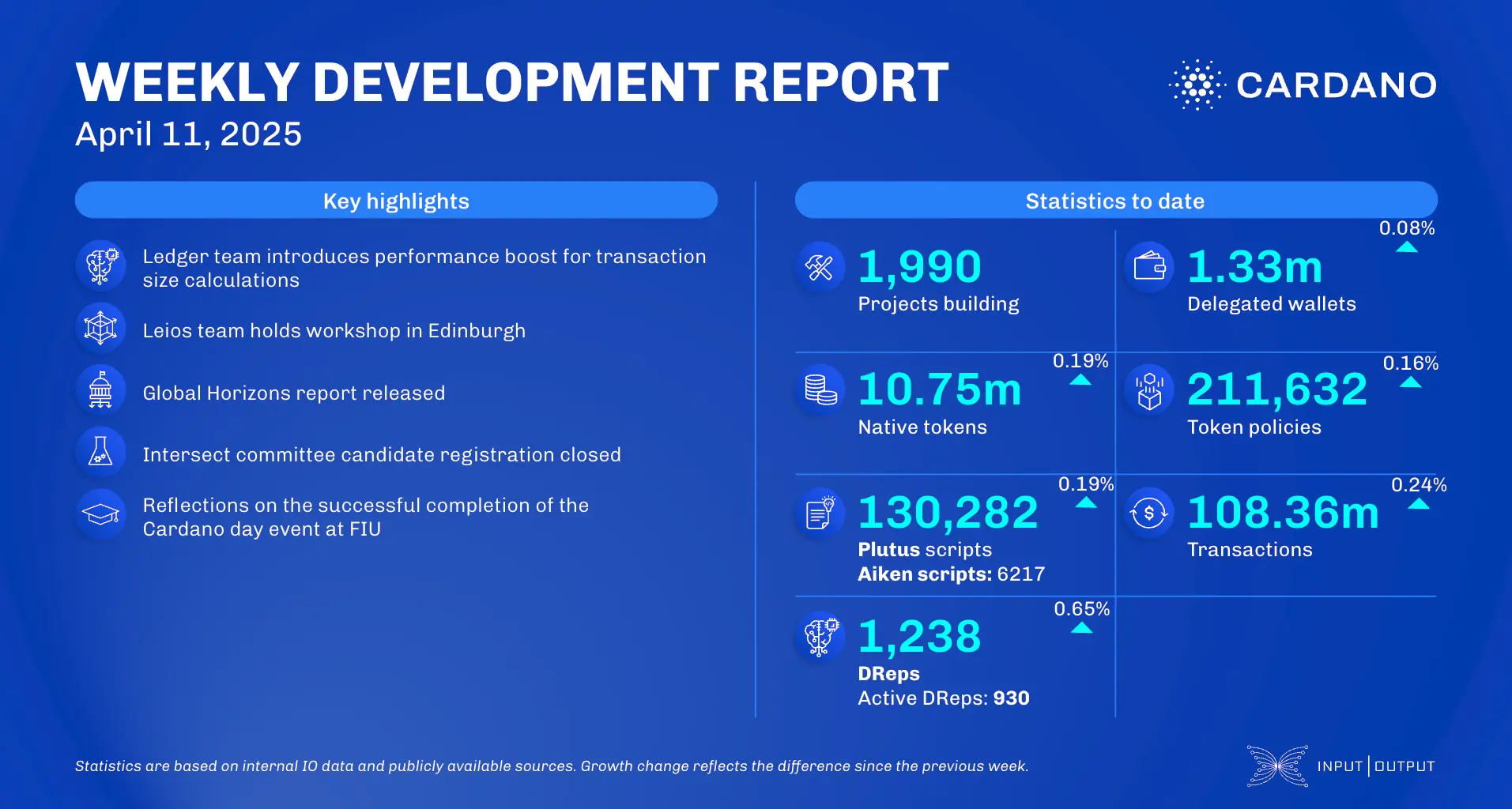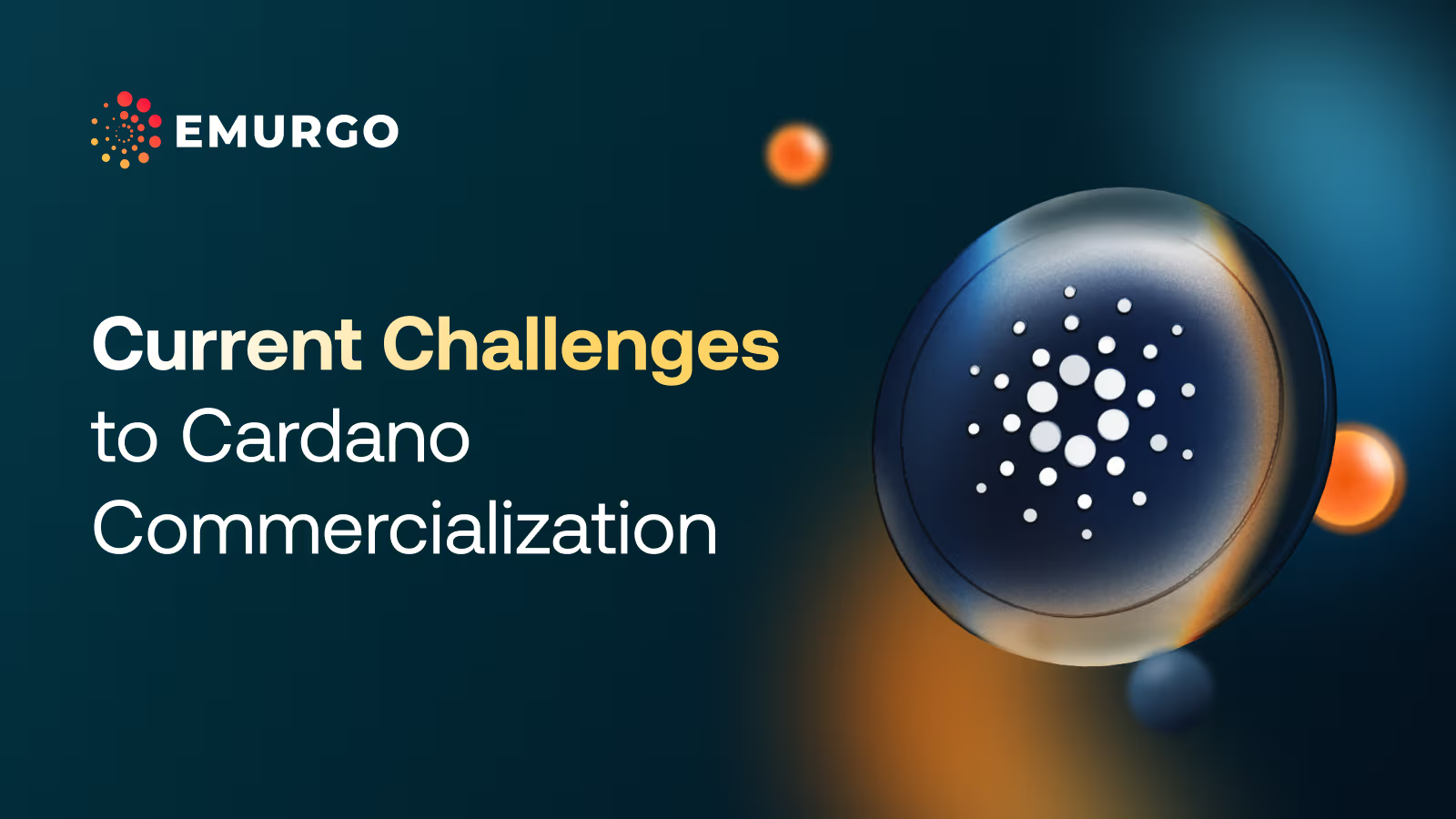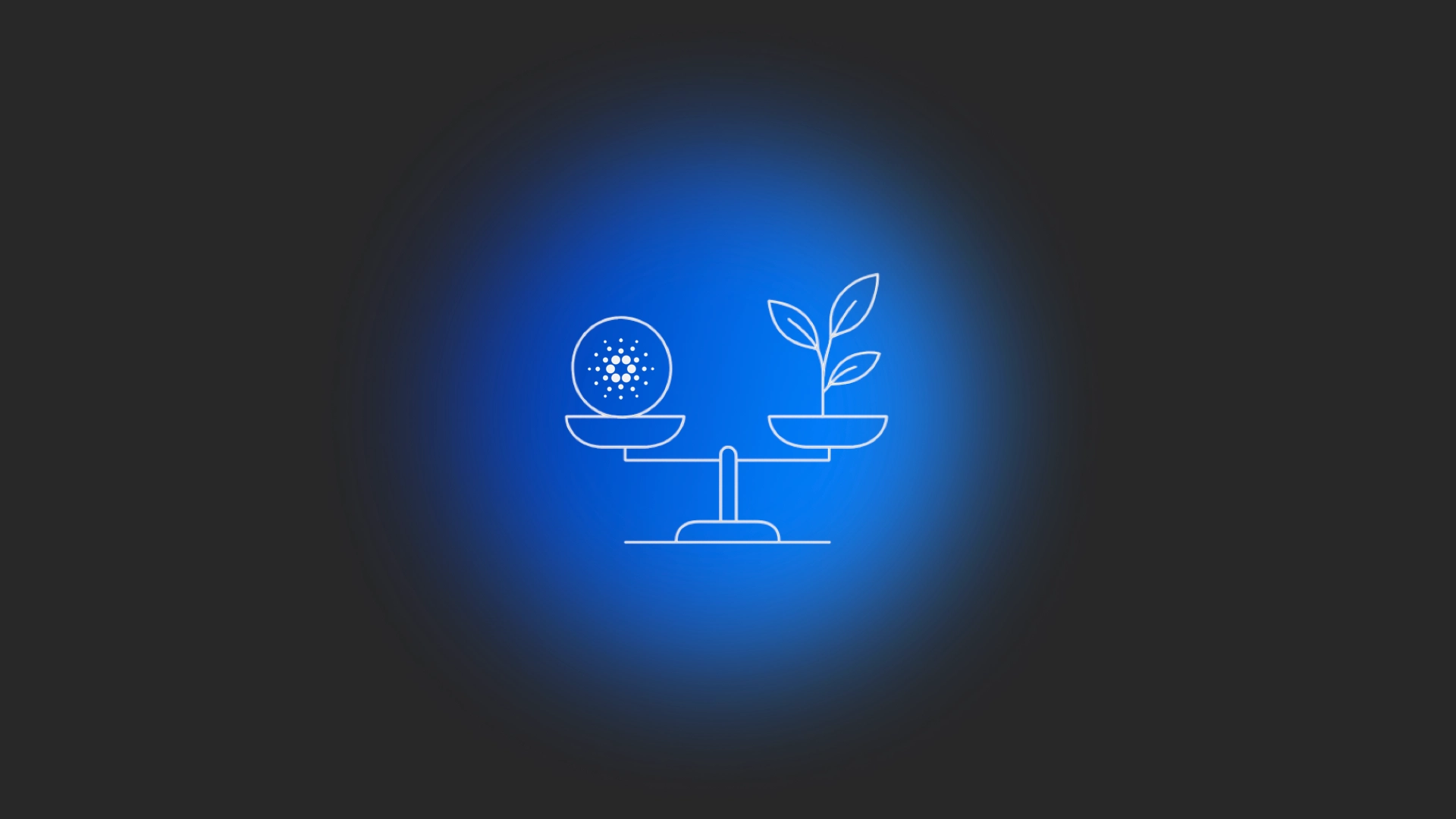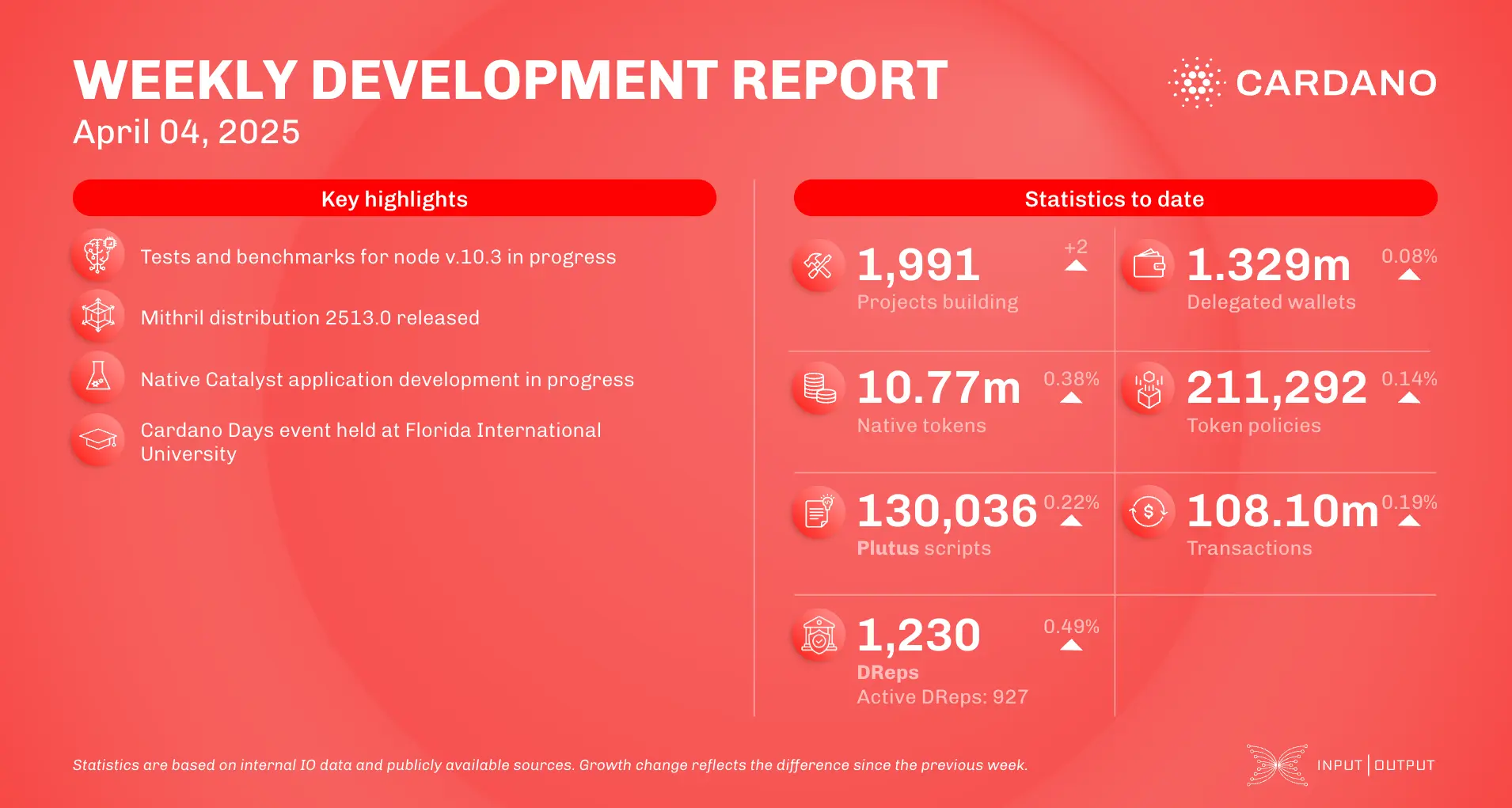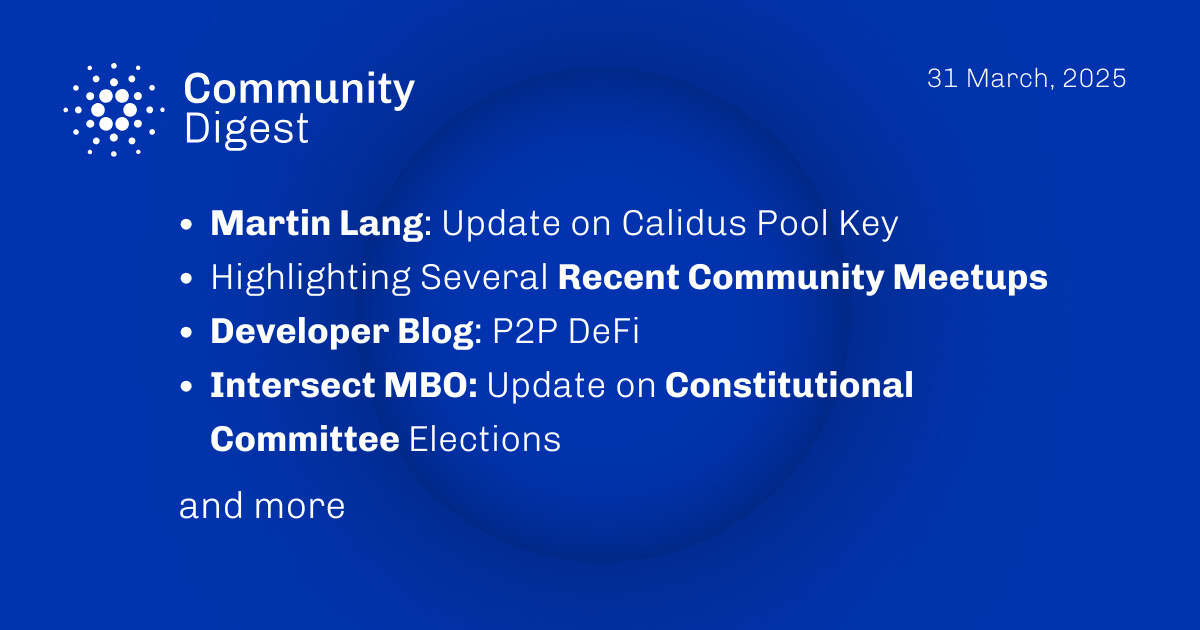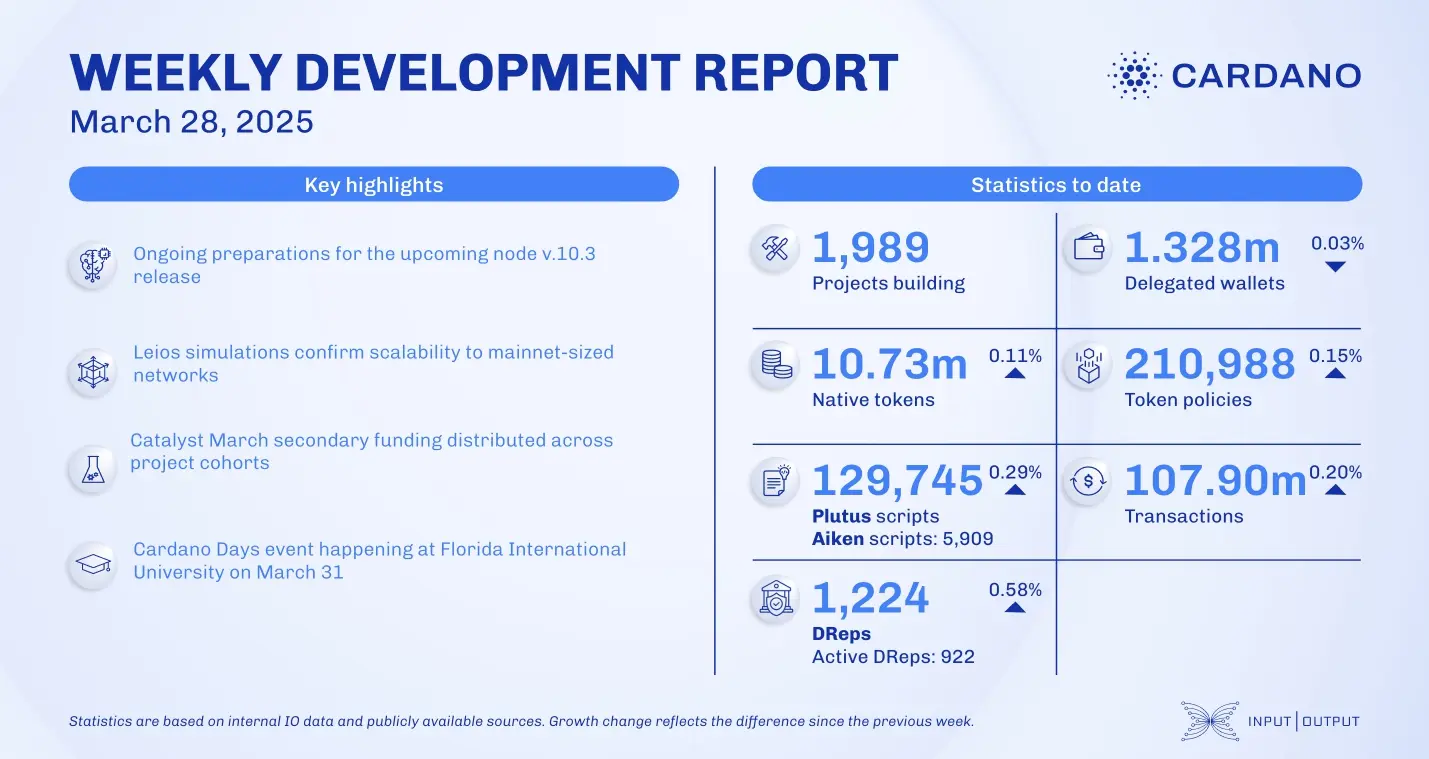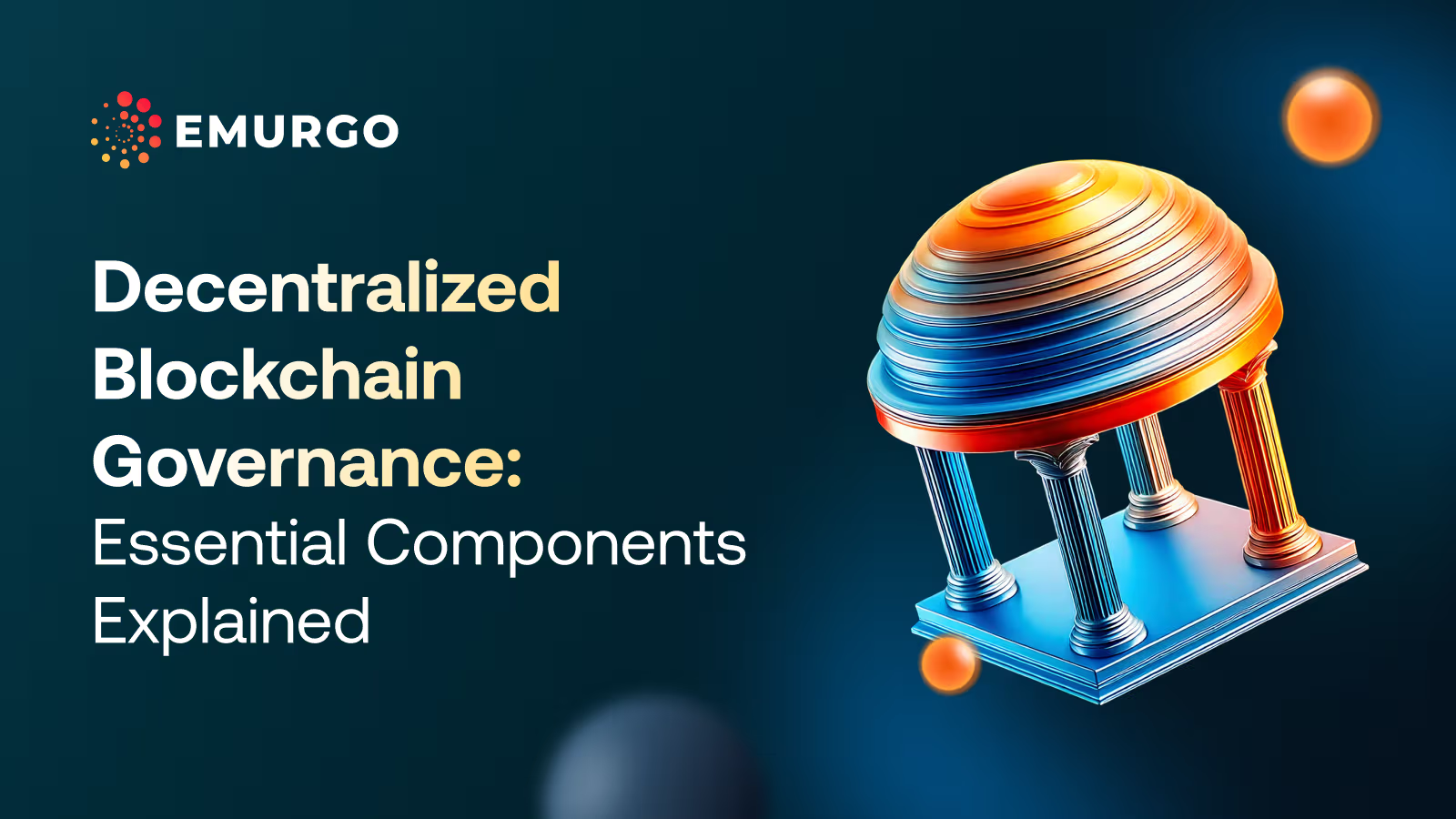Scalus DApp Development Platform
Alex Nemish and Oleksii Khodakivskyi from Lantr introduce Scalus, a smart contract framework built with Scala 3. They walk through the vision, roadmap, and show how it simplifies development on Cardano, including a live demo of a payment splitter contract. This session is ideal for devs exploring new tools to build on Cardano.

